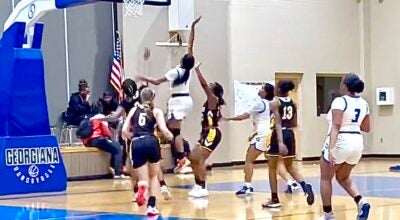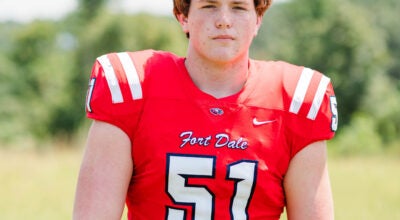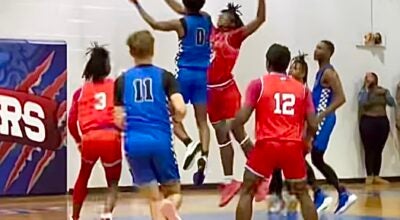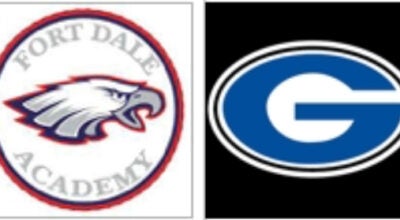Carnegie Mellon University helps Eagles find their wings
Published 5:14 pm Tuesday, July 8, 2014
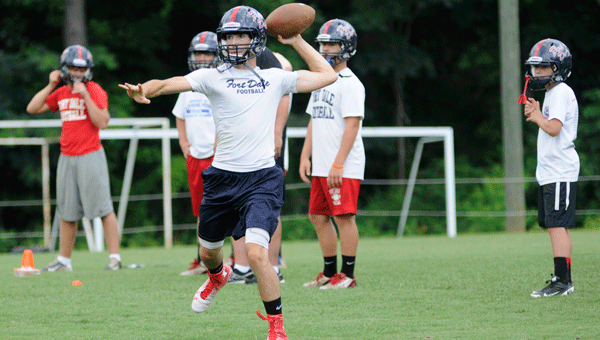
Quaterback Austin Vickery, a central figure in the Eagles’ new Wing-T formation, throws to the flats on one of more than two dozen plays that will form the foundation of Fort Dale’s new offense.
Summer is a season of change for the Fort Dale Academy Eagles.
The football team is sans Chip Taylor, its captain and starting quarterback for the past several years, and with his absence comes a need to learn a new offense, the Wing-T formation, in a hurry.
Fortunately, the Eagles had help this week from the Carnegie Mellon University Tartans, a collegiate team that knows the ins and outs of the Wing-T formation better than most.
Jeff Simmons, assistant football coach at Carnegie Mellon University, said that the idea of developing a traveling camp for high schools came from his grandfather, College Football Hall of Famer Chuck Klausing.
But Fort Dale players weren’t the only ones that had some adjusting to do.
“It’s a little hot, but we’re coming from Pittsburg,” Simmons said.
“And we do about 10 to 15 of these camps every summer and we go all over the place. We used to have camps where the kids came to us at certain colleges, but it became too expensive for the teams to do so. It’s a lot more reasonable price-wise to bring us to your school, we’re able to use that school’s terminology and it really works out better that way.”
The camp itself was broken up into six two-hour practices during a two-day period, and it’s entirely dedicated to offense and installing the building blocks of the formation by learning at least four plays during each practice session.
Simmons aimed to install somewhere between 24 and 30 plays for Fort Dale to use as the team’s foundation heading into the fall.
Simmons added that there are a number of benefits to the formation, including its relative obscurity to other teams.
“What makes it so good is that not many people run the offense anymore, so it’s really unique in a sense,” Simmons said.
“And it’s hard for other teams to practice it in a week to prepare for you, so that’s what I think gives the team an advantage that runs this offense.”
But they’ll have to get over the aftermath of the Fourth of July and other distractions first.
“Most of these kids just got back from vacation or from playing baseball, so they’re not really in football shape,” Simmons said.
“Getting them to do the little things that really make the offense go is what’s very important, and that’s what we try to stress at these camps.”


